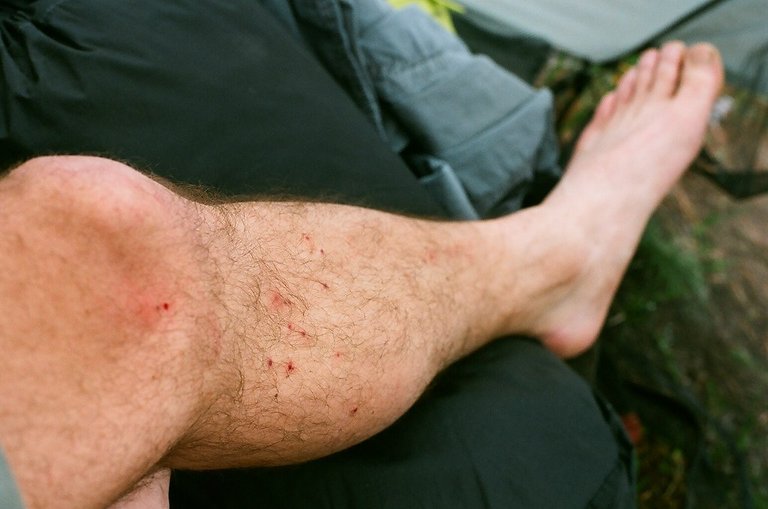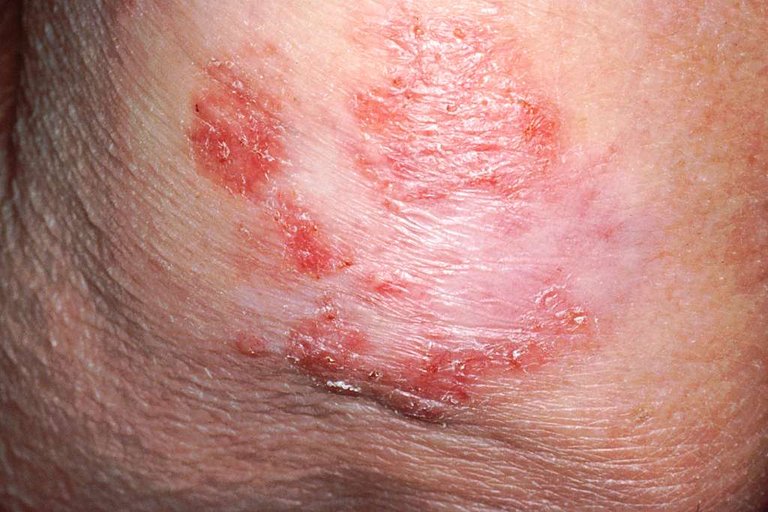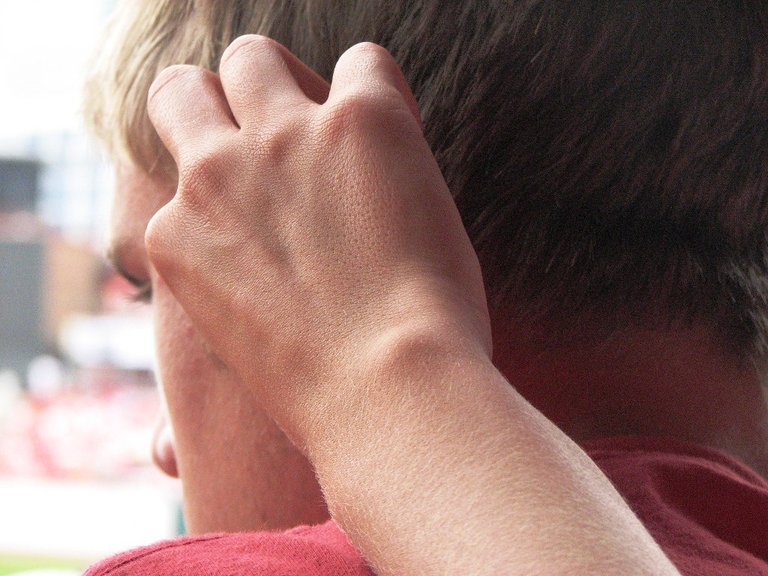One say from a poet and one ancient proverb and we are done; I mean, we are good to begin the day. "Happiness is having a scratch for every itch" - Ogden Nash. and "A quarrel is like an itch, the more you scratch, the more it itches' - Yiddish proverb. Now that we are done with the two, can I stop writing all the same, Nah!!!.
That said, you might be thinking the post is about scratching, but in actual sense it is about itching. When you feel an itch, and you scratch, it is left to you to tell the outcome of whatever becomes of it since I will not like to be part of that experiment especially with you have to scratch vigorously for a long period of time.
Maybe you have heard the word Pruritus well, it is the itchy sensation and it is not the most pleasant of all things but why do we itch in the first place. Not to forget, itching usually happens on the skin and if you stretch out the skin, it is about 20ft2 making it the biggest organ in the body followed by the liver. It is no doubt that you see the other organs in your body as very important and so is your skin. It s the first line of defense for anyone and after it has done its job is when the immune system inside your body starts to fight pathogens that evade the skin.
When there is an itch, there is a scratch and if you would be honest it is often uncontrollable, often a reflex action. This can be traced back to our early ancestors who used scratching as a way of removing external threat such as parasites, thorns and other types of threat from them. Let me quickly call your attention to something; Have you noticed that watching someone else scratch can cause to have a sensation to scratch? This happens because we are social animals so we tend to respond to stimuli around us.
Until a decade ago, we saw itch as a reduced version of pain and we believed this but it looks like it has changed. In our body, different stimuli goes through different nerve pathways to reach the brain and itch isn't different and it comes with one response which is scratching and scratching s a form of pain that breaks the skin so why do we do this.
It is clear that scratching causes a low-level pain sensation the overrides the sensation of itching just similar to how you rub the skin when you are punched, slapped, or pinched because it is a low level pain sensation that would override the sensation felt by those actions but also, do you notice that slapping, pinching, and punching also overrides this sensation as well.
The brain on the other hand releases chemicals to those regions to reduce the sensation felt in the area. Chemicals such as serotonin which is a neurotransmitter but in the process of doing its job, it can be re-triggered thanks to the serotonin causing the itching to come again and this time around a little intense than the previous time. That cycle is referred to as the itch-scratch cycle.
Before you start thinking that itch is often triggered by a stimulus, it can in some cases be triggered without a stimulus and in this case, scratching wouldn't help. Cases of such can be experienced in people who recovered from shingles and there was a case of a person who itched her head through to her brain. So you can imagine how serious it can be.
Overcoming itch sensation has be worked on for several years including in the Greek and Roman times where mineral bath was used, as well as animal fat. In China, using Menthol and camphor did the magic soothing itchy skin. In our today's world, using anesthetics to numb thee skin preventing it from feeling or senses to irritants that can trigger the process. The use of antihistamines and steroid creams are also ways of resolving itches.
Itching doesn't end on the skin, it goes from the epidermis to the brain so treating it on the surface might not work as always. When you notice uncontrolled itching, remember that it didn't start with you, and when you cannot attribute it to any stimulus and it is continuous, then you should seek the help of a medical practitioner immediately.
Reference
https://www.ox.ac.uk/research/what-makes-us-scratch-itch-scientists-finally-have-answer
https://www.pfizer.com/news/articles/bodily_functions_explained_itch_and_scratch
https://www.sciencedaily.com/releases/2023/11/231122192405.htm
https://www.nih.gov/news-events/nih-research-matters/scientists-identify-culprit-chronic-itch
https://www.scientificamerican.com/article/experts-why-we-itch-and-scratch/
https://www.sciencedirect.com/science/article/pii/S0896627321005419
https://onlinelibrary.wiley.com/doi/pdf/10.1111/exd.13977
https://www.bbc.co.uk/future/article/20240212-why-we-may-be-hardwired-to-shun-those-who-scratch
https://www.ncbi.nlm.nih.gov/pmc/articles/PMC4862869/



